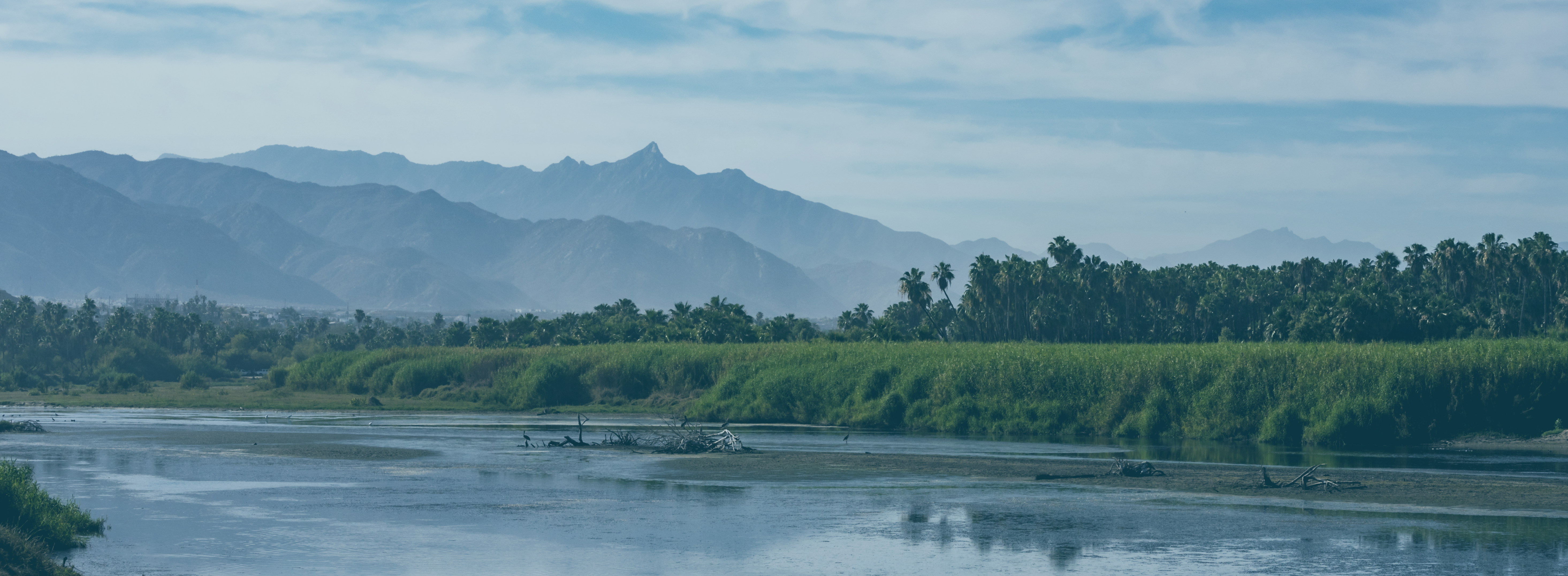April 14, 2020
By Geoff Frost, UBC Physiatry Resident
In my last blog post, I talked blithely about the need to self-isolate and quarantine. I talked about how these steps are the necessary cost to fighting an unknown infectious disease. All those statements of fact remain true. Taiwan, South Korea, and even to an extent China have proven the necessity of these unusual measures.
But self-isolation has a cost
And we are now starting to understand that bill as karma’s cashier begins to start jotting down items for which payment is due. I will admit, I underestimated the extent of the bill we would run up in the fight against this virus. I am in no way suggesting we over reacted. If anything, I think we underreacted. I do, however, remain surprised at the tally we are running up.
As I drive to work, I cannot help but notice the visible signs of the debt
Shops have boarded up windows. Restaurants that were staples in my neighbourhood appear permanently closed. It takes one hour to get groceries, and I am in a perpetual state of fear the entire time I walk the aisles. Children try to learn from home, with varying degrees of success. Lonely seniors, lonely young adults, lonely middle aged adults. We’ve all heard the stories. Everyone has tried to find a friend to chat with, whether it be over the phone or a video chat. But we must admit, there is no substitute for a warm hug from a loving friend.
And from the ashes...
I could go on, and I’m sure we all have had these thoughts from the sofa while clutching a glass of an adult beverage during one of these never ending zoom hangouts. Being prone to bad analogies, I cannot help but wonder as I see all this decay around me: what will rise from it?
Our current social order is being razed to the ground like a forest during a dry summer. But that forest always rebounds. New trees and shrubs poke up from the waste of the old, and often the newcomers are different. It is not the same trees that grow back. So while the normal order crumbles around me, I wonder: what will change for the positive?
There is a birght side, can you see it?
I find this a much more deeply satisfying thought experiment than watching CNN on loop for the latest death counts in New York. Why not give it a shot with me? For instance, pick a category, let’s say: work. What has changed in the last month that you think will be a permanent improvement on the way things are done?
As a physiatrist, I’m deeply hoping it’s the introduction of scrubs. Prior to Covid-19, I never wore scrubs. It was seen as important that I dress appropriately, which meant formal wear. While it was nice to strut my stuff in a flashy dress shirt from time to time, it was not worth the hour of ironing I had to do every Sunday night. Ever since Covid came around, I’ve been rocking a pair of off-pastel blue scrubs, every day. No ironing for me. And they are incredibly comfortable. I cannot see the introduction of scrubs as anything other than a clear step forward in the evolution of work. Sure, you might have picked something more tangible, like increasing the amount of people that work from home. I mean, of course that would result in decreased greenhouse gas emissions from reduced commuting, and probably decreased real estate costs as less commercial real estate gets built. And if pushed, I would admit that having the flexibility to work from home would enable parents to better manage the stress of childcare and work demands. But does that really trump scrubs? Didn’t think so.
So take a moment next time Covid’s got you down. And just ask yourself. Work, relationships, shopping, schooling, democratic participation, social cohesiveness. How has it changed for the better? And which of these changes are you going to keep once the fires of Covid-19 burn themselves out? How will you make sure you keep those positive changes in your life?
I for one have already stocked up on scrubs.
Geoff is a fourth-year Physiatry resident at UBC. He currently serves as the Director of Communications at the Resident Doctors of BC and is the host of the Pulse Podcast. Geoff is a professional engineer in Ontario, and prior to entering medicine, he worked as a biomedical engineering entrepreneur.



